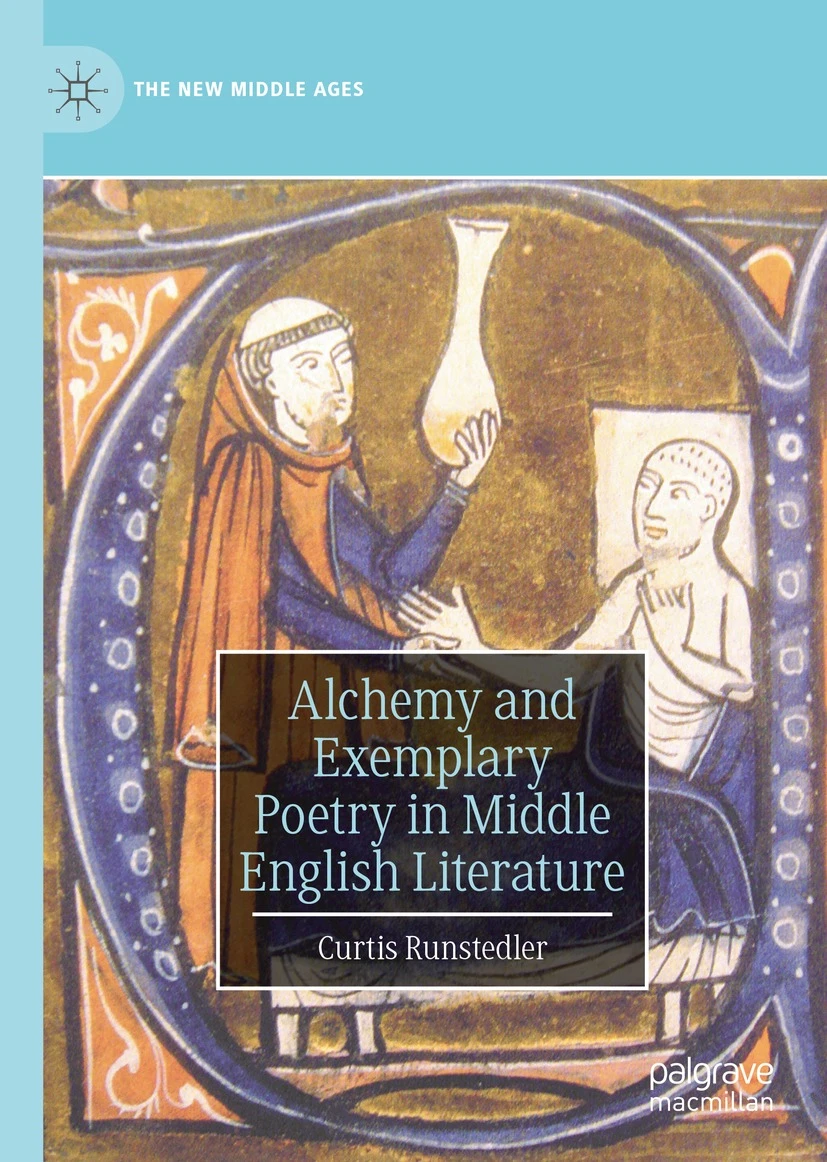
Dr Curtis Runstedler is a postdoctoral researcher in the Department of English Literature and Cultures at the University of Stuttgart. His current research examines literary depictions of robots and AI in contemporary literature. He was awarded his Ph.D. in English Literature at Durham University in 2018, specialising on alchemy and exemplary narratives in Middle English poetry. The resulting book Alchemy and Exemplary Poetry in Middle English Literature was published with Palgrave Macmillan's The New Middle Ages series. He has also written on queenship and alchemy in Game of Thrones, sympathetic werewolves in the medieval romance, Anglo-Saxon saint cults, cultural hybridity in The Legend of Zelda: Majora's Mask, a Renaissance reading of a medieval version of Jason and the Golden Fleece, and more. His research interests include medieval and Renaissance literature, feminism, contemporary English literature, history of science, Canadian indigenous literature, World War II history, and the supernatural and the occult.
Curtis was previously a Teach@Tübingen research and teaching fellow at Eberhard Karls Universität Tübingen. He is also a Associate Fellow of the Higher Education Academy and is TESOL/TEFL certified. In his spare time, he enjoys running, writing Western novels and horror short stories, fossil hunting, fishing, taking his red-eared slider Frankie for walks, and co-hosting the weekly film podcast The Seat Struck Movie Podcast, which can be heard on most streaming platforms.

